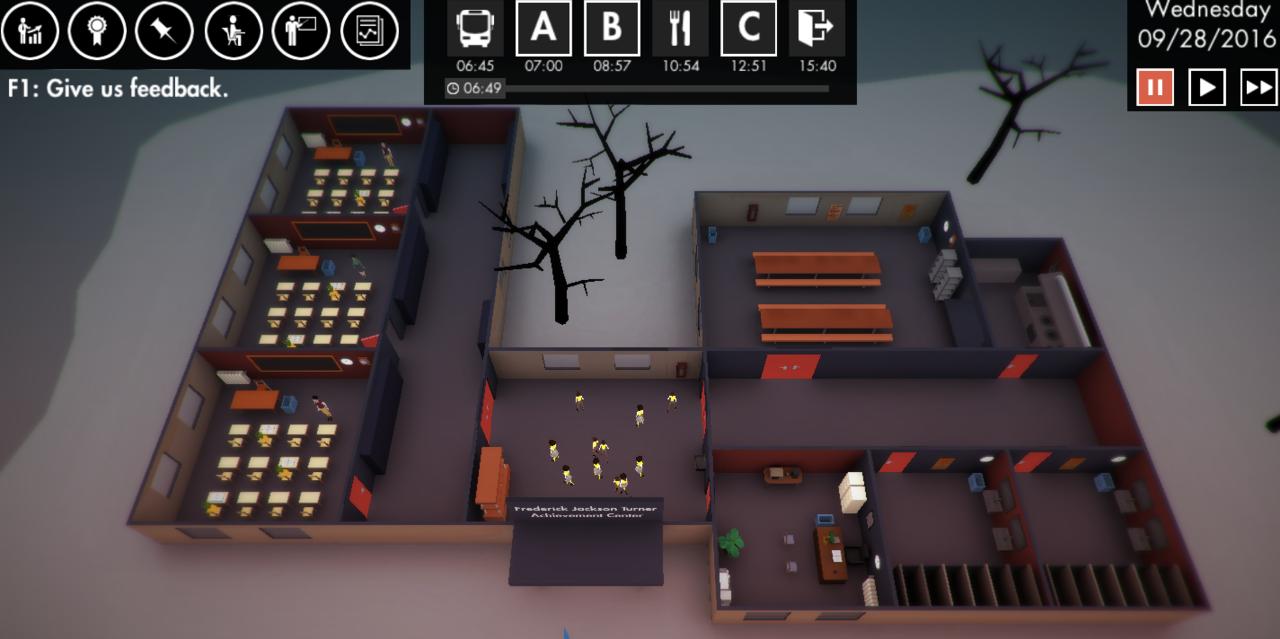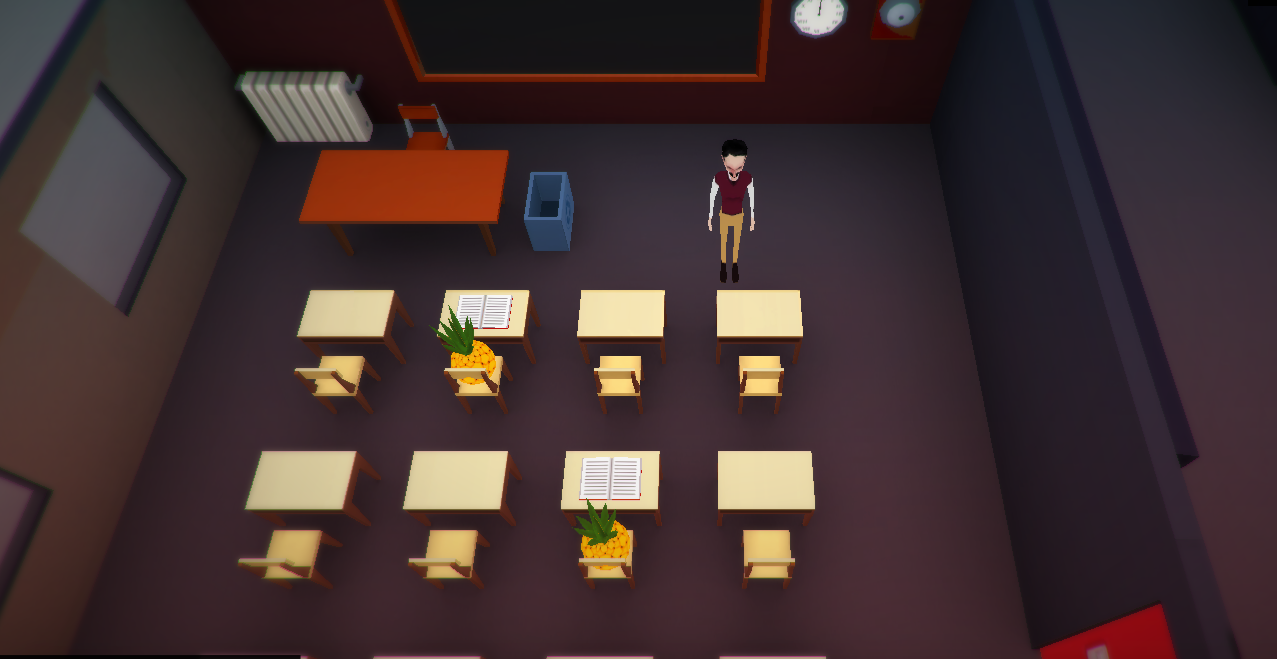I was starting my second semester of first grade when the No Child Left Behind Act went into effect. Passed in 2002, the act required states to develop standardized tests for its schools. To receive federal funding, a school had to administer the assessment to its students--and students must perform at or above certain levels for schools to avoid corrective action from state governments. In effect, school funding became based on student performance on those exams.
All I know of the American education system comes from a post-NCLB world, which means I have grown up with state-wide benchmarks and standardized tests. Each year, when Colorado's exams rolled around, teaching came to a screeching halt. Instead of lessons, our school days were filled with exams of wildly varying levels of quality and relevance.
I was lucky to live in an area with very good public schools, but my elementary school still struggled to conform to NCLB. Teachers were moved around and let go, and high-achieving students often had to find out-of-school ways to continue learning. I also had to deal with some pretty odd experiments in grading, including an incomprehensible four-point scale which granted the same grade to every test score between 75 percent and 95 percent. Written at the top of every one of my tests was: "3--Satisfactory."
That's why I've been interested in No Pineapple Left Behind. The game has about as much subtlety as a cruise missile, but it poses a scathing critique of the education system built in the wake of NCLB. It puts you in control of a school as it desperately tries to secure funding. You have to hire the teachers, determine how much energy they put into their classes, and monitor students to make sure they're learning. The better your students perform, the more money your school will be given.
Nancy Drew: Mystery of the Seven Keys | World Premiere Official Trailer Modern Warfare III & Warzone - Official Cheech & Chong Bundle Gameplay Trailer The Fallout TV Show's Biggest Easter Eggs Teenage Mutant Ninja Turtles: Splintered Fate – Announcement Gameplay Trailer Dead Island 2 – Official SoLA Expansion Gameplay Launch Trailer SteamWorld Heist II – Official Reveal Gameplay Trailer Harold Halibut GameSpot Video Review Little Kitty, Big City – Release Date Reveal Cat Quest III - Release Date Trailer LORELEI AND THE LASER EYES | Release Date Trailer Honkai: Star Rail — "Non-Zero-Sum Game" | A Moment Among the Stars Animated Trailer Stellar Blade - Official Live Action Release Date Trailer| PS5
Please enter your date of birth to view this video
By clicking 'enter', you agree to GameSpot's
Terms of Use and Privacy Policy
As students concentrate more and do better, you're presented with a haunting tradeoff: the higher their grades, the lower their humanity. Over time, as they perform better, they'll lose humanity and, eventually, they'll turn into pineapples.
Pineapples are simple and single-minded, which means they are advantageous. Children, on the other hand, are complex; they are constantly preoccupied with thoughts and emotions. As I played the game, I found myself wishing more and more that my student body would turn completely into pineapples. In other words, I wanted them all to reach total uniformity--the mark that they were all satisfactory, and my school was making money.
The only way you can get students to earn better grades is by providing them with competent teachers. No Pineapple Left Behind gamifies teaching to the point of absurdity. Teachers are equipped with different "spells" which cost certain amounts of "energy." A spell that takes up more energy will increase grades faster, but at the risk of exhausting the teacher. Each spell has a certain probability of succeeding, which pushes grades up and humanity down. As a teacher's energy decreases, his or her chances of succeeding with a spell also decrease. Each day, a little bit of energy recharges.

At first, the obtuse presentation and extreme gamification of this system nearly dissuaded me from playing the game. But as I completed each day at the school, the system started influencing the way I made decisions. I'd force the teachers to cast the most energy-intensive spells possible to try and save struggling classes. This would, in turn, cause the instructors to burn out. They'd begin to fail during each class period, and the grades would plummet. I'd start to lose money.
It's something I've seen several times before in real life: good teachers, assigned to under-performing classes, are pressured with the responsibility to get them up to a satisfactory level. They reach their breaking point and become exhausted. Thankfully, I've never seen a teacher laid off for failing to achieve this in real life--but my in-game teachers weren't so lucky. If they started to get low on energy and their classes started failing, I'd fire them without a second thought before they could start costing me too much money.
In the space of a couple hours, No Pineapple Left Behind had turned me into a callous, calculating principal, forced to sacrifice both child and teacher well-being to save the school's funding. The pressure of keeping my school afloat pushed me on toward pineapple uniformity.

No Pineapple Left Behind is far from perfect--but it's also far from completion. It just began a free open alpha test this week, and it includes only two of nine planned levels. As I played, I found its menus to be cluttered and confusing, and I had a lot of trouble tracking individual students. Additionally, it's still very early in development, so there are a lot of glitches and bugs. During my time with it, I sometimes questioned whether or not this game will have lasting appeal.
Developer Subaltern is planning to add a whole bunch of different mechanics before its full release. Classroom materials will eventually help dehumanize and educate your student body; cops will patrol the school and keep your kids in line; student-specific quests will force you to make tough decisions about how to carry out education policy. But those features are still a long way off.
It's a rough experience, and yet, I couldn't help but be fascinated by the game. Subaltern only has one full-time employee, Seth Alter, who once worked as a private tutor and had a stint as a teacher which ended after only six months. His cynicism toward the American school system is evident in the game, and that's what makes it so interesting. No Pineapple Left Behind practically exudes Alter's disenchantment with the system, and I saw in the game the same sort of irritation that I had felt at points during my time in public school. The game hits close to home, its critique so similar to conversations I had with my family and friends while growing up. If the game can keep improving and expanding as Alter promises, then it has potential to be a dark, witty, and entertaining look at American schools.

